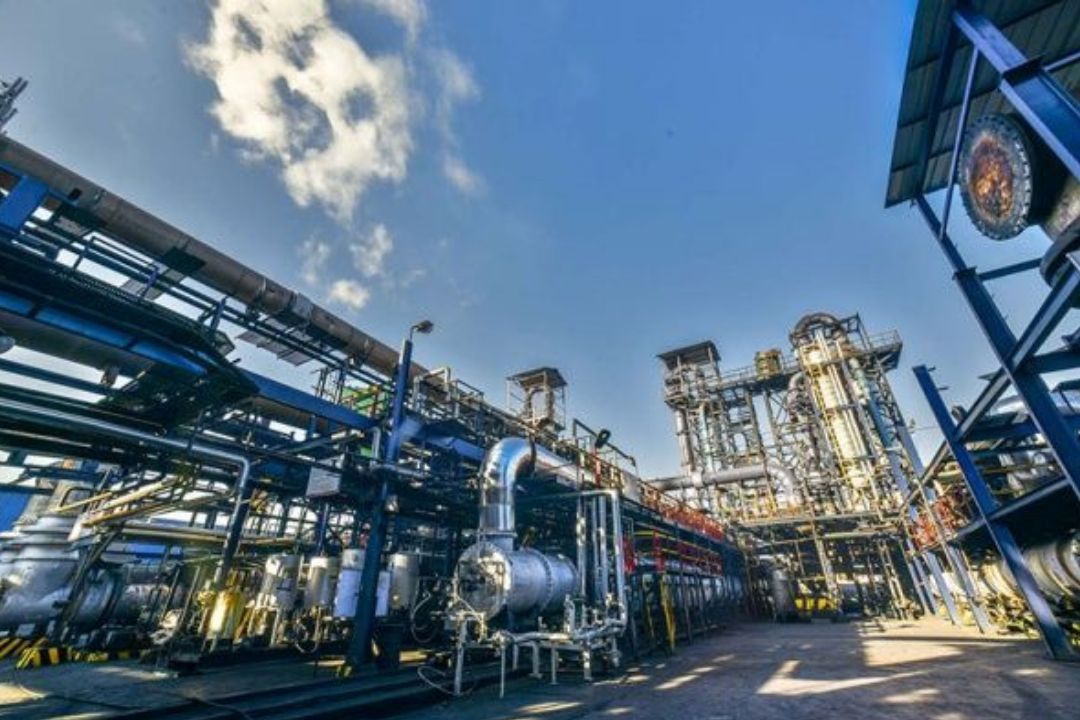PCBL Ltd has unveiled an ambitious plan to invest ₹3,500 crore over the next five years, targeting three key initiatives: expanding its carbon black production capacity, doubling the capacity of its recently acquired chemical business, and entering the electric vehicle (EV) battery component manufacturing sector in partnership with an Australian firm.
This strategy follows PCBL’s significant acquisition of Aquapharm for approximately ₹3,800 crore, a move that broadens its portfolio to include chemical applications in water treatment, detergents, and the oil and gas industry.
The company plans to increase its carbon black production capacity by around 50%, aiming for a total capacity of 1.17 million tonnes per year by 2029. This expansion will require an investment of ₹2,400 crore. Currently, PCBL, previously known as Phillips Carbon Black Ltd, is adding 110,000 tonnes of capacity at its existing plants in Tamil Nadu and Mundra, Gujarat.
CFO Raj Kumar Gupta expressed confidence in the demand-supply dynamics of the carbon black industry, anticipating a 12% annual growth rate in volume over the next five years. PCBL, ranked seventh globally in carbon black production, is exploring new coastal locations for a greenfield plant with a planned capacity of 150,000 tonnes.
The company aims to increase its carbon black capacity to 880,000 tonnes within 4-5 quarters and to 1.03 million tonnes within 8-9 quarters. As part of the RPSG Group, PCBL also plans to double the capacity of Aquapharm within five years, targeting a 15% compound annual growth rate (CAGR) with an investment of ₹600 crore.
The company is currently enhancing capacity by 38,000 tonnes at its Mahad, Maharashtra plant, with plans to reach a total capacity of 150,000 tonnes by FY29. Additionally, PCBL is set to establish a manufacturing facility for EV battery components in Gujarat, with an investment of approximately ₹500 crore.
This facility will be developed in partnership with Australia’s Kinaltek Pty, which possesses technology to convert silica into nano silicon, a key material used in the anode of EV batteries. The initial production capacity will be 2,000 tonnes, with further expansion planned. Gupta noted that the entire capital expenditure would be evenly distributed over the five-year period, with current capital works in progress amounting to about ₹350 crore.







